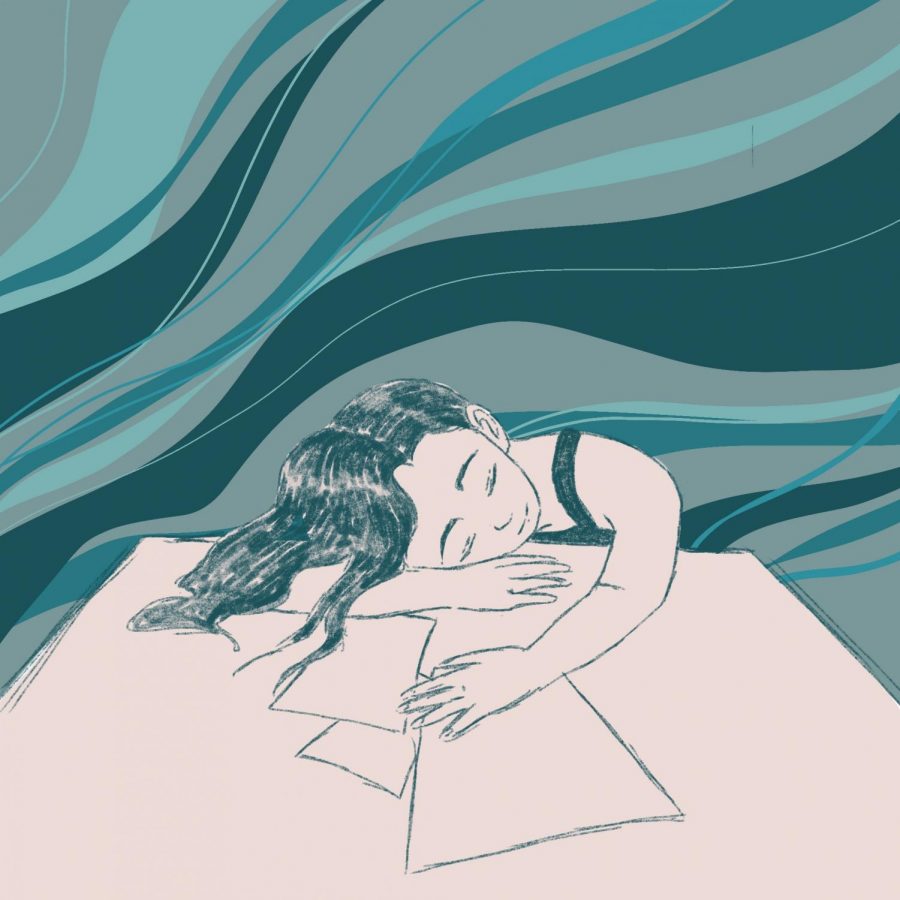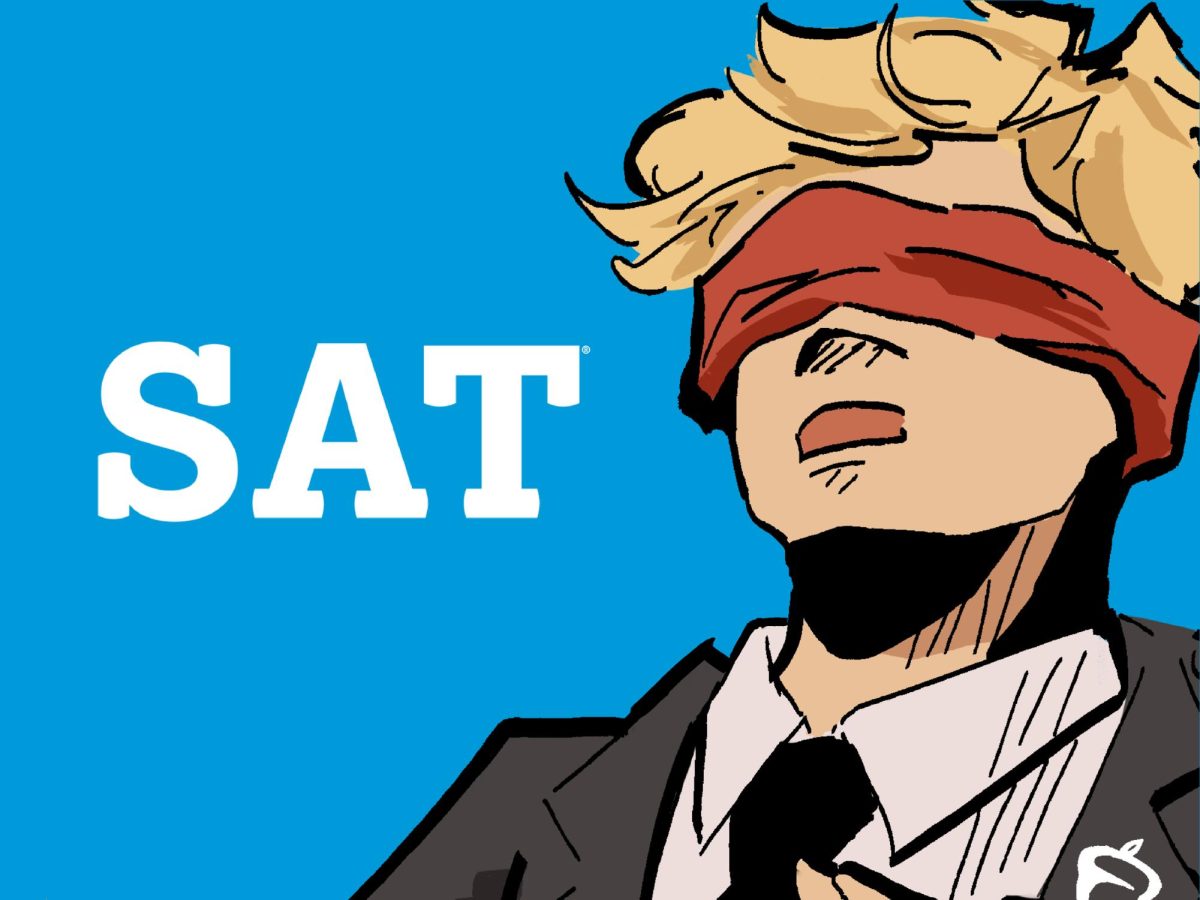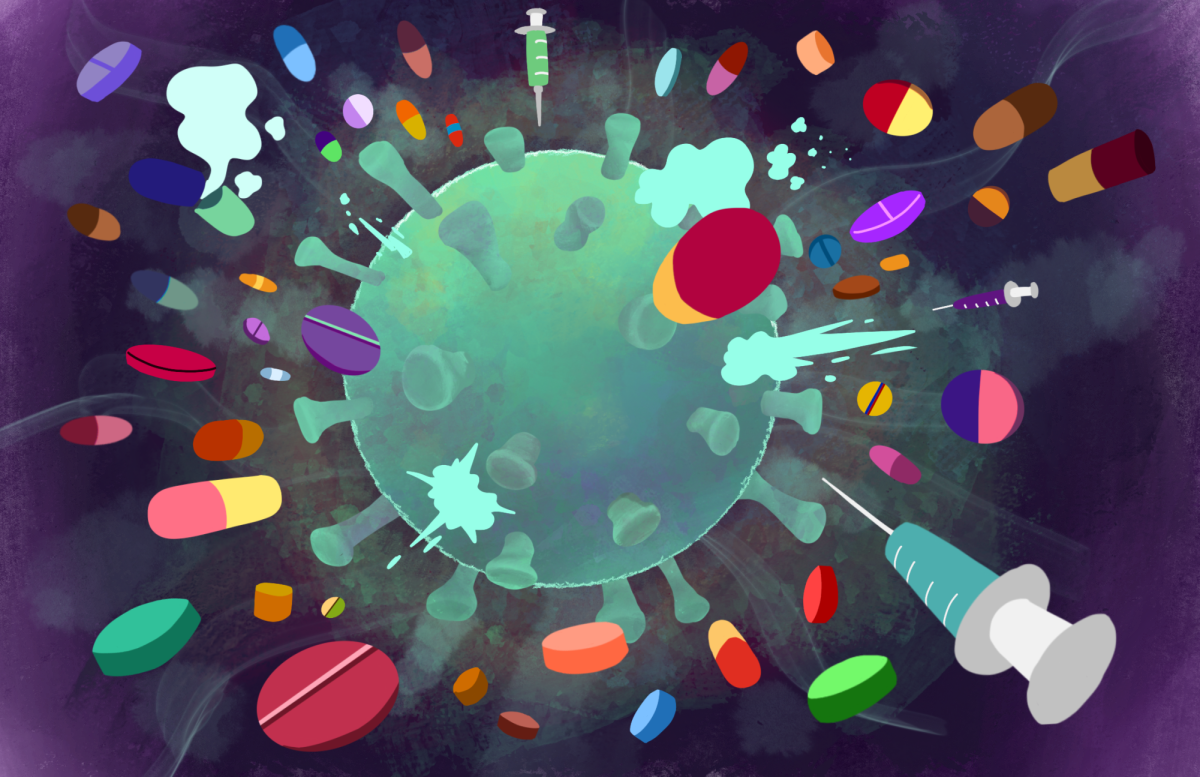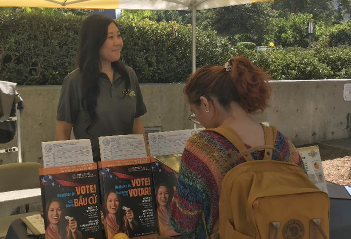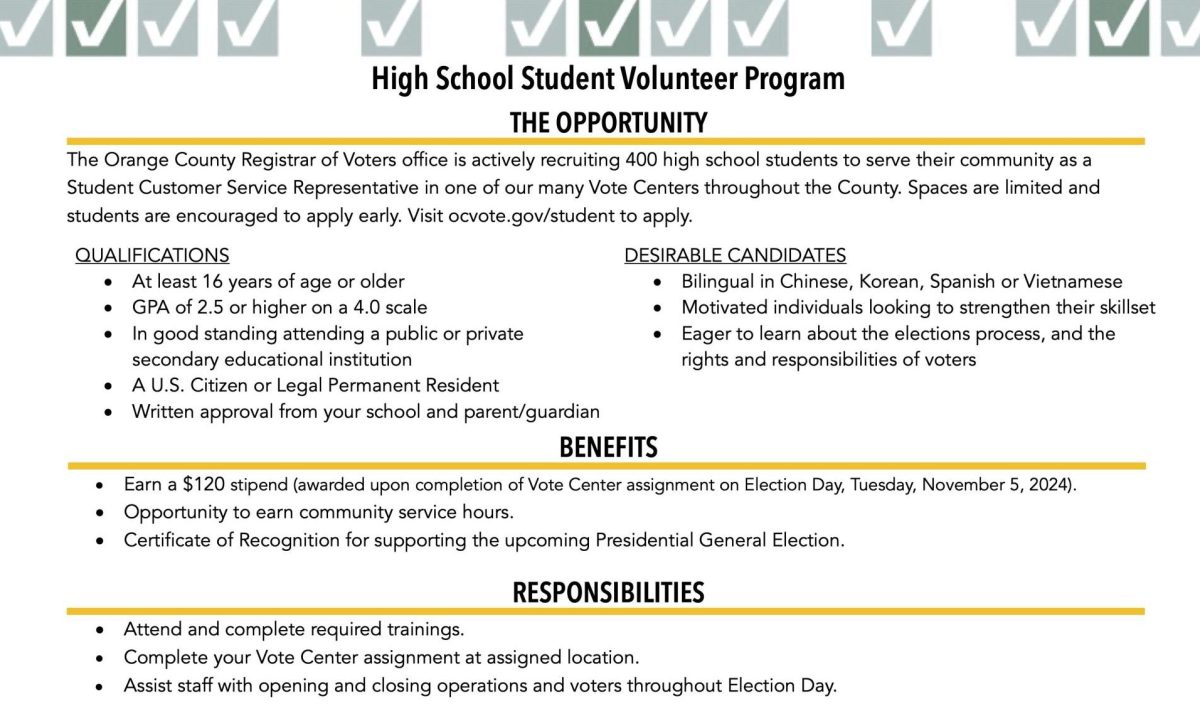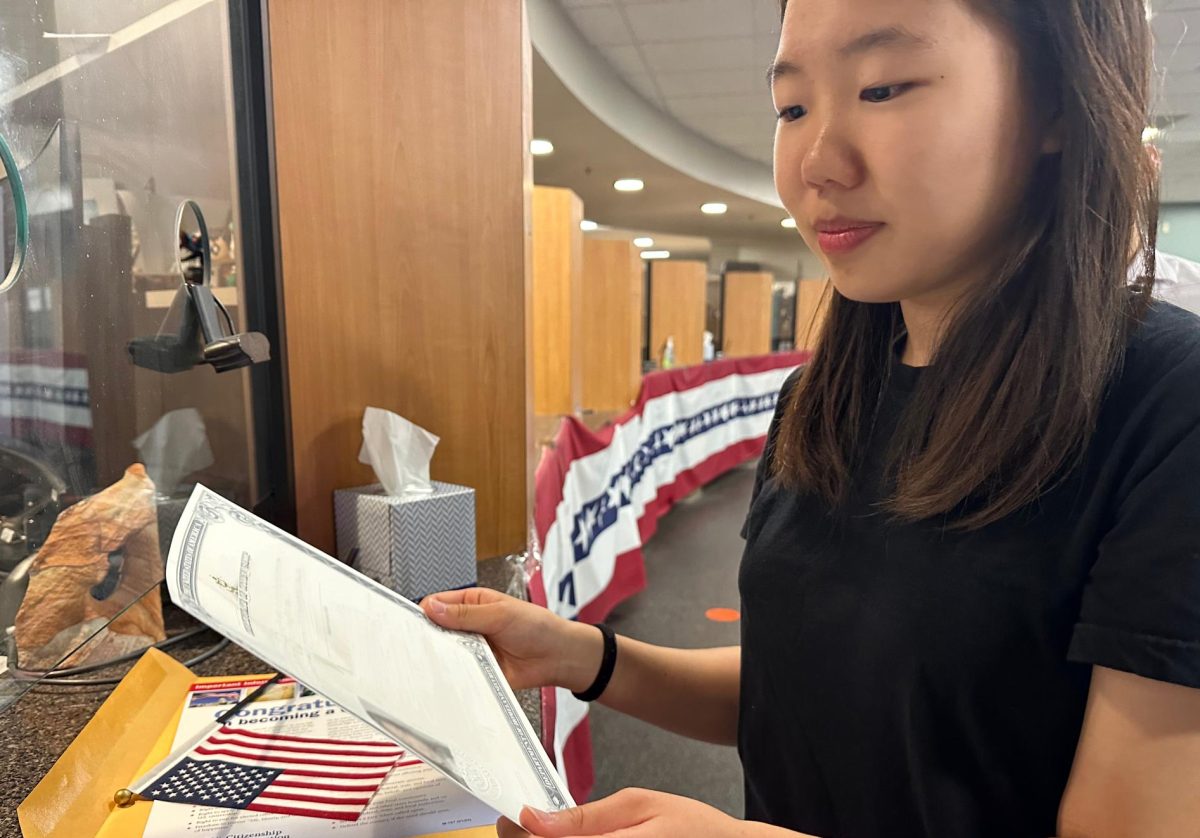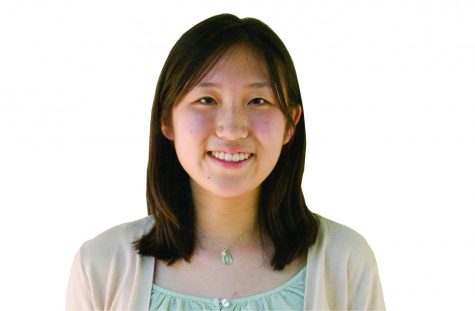I remember flipping through the pages of my Advanced Placement [AP] Psychology textbook in my sophomore year and incidentally coming across a chapter explaining the different types of therapy.
At the time, therapy seemed distant and something I would never seek out in the near future; I never expected to delve deeper into it past my AP Psychology homework readings.
I proved myself wrong once the coronavirus broke out, and I was separated from the support system that held me up during in-person learning.
Like any other school year, my junior year was plagued with loads of homework and tests to study for along with balancing my extracurricular activities.
Except this time, all my classes happened through a screen.
When the stress and anxiety caused by piles of school work kicked in, I realized I didn’t have the same support system of friends to turn to. While I had the option to connect with friends and family through apps like FaceTime or Zoom, the lack of in-person interaction didn’t bring the same authenticity, and I felt isolated.
My stress reached a new high, and I no longer had an outlet to release my worries.
A normal, in-person school year would’ve allowed me to hang out with my friends after school, talk to my peers during classes and have one-on-one conversations with my teachers. However, I was now forced to be isolated from the people who I could share my thoughts, both trivial or serious, with.
I also struggled to manage the harder courses I was taking, and my learning was affected by the little to no sleep I got every night because of more hours devoted to studying and completing my homework.
Not only was my academic life affected by the unusual and stressful situation I was in, but my relationship with my mom also became strained as I struggled to manage my emotions.
I would get angry at her over small, insignificant happenings during passing periods early in the morning. It was routine for me to become frustrated anytime she entered my room without knocking during Zoom meetings, and her occasional nagging about my grades escalated into fights that left both of us overwhelmed.
After a period of outbursts caused by my pent-up stress and my deteriorating mental health, my mom suggested I get therapy, and although the prospect scared me in the beginning, I eventually agreed.
So, on March 24 – a few days after the one-year anniversary of the COVID-19 pandemic — I attended my first therapy session.
For one hour every week during a span of three months, I learned to better manage my emotions, became more motivated to focus on academics and, most importantly, had an adult to confide in.
For me — and possibly many of my peers— therapy would become an outlet to freely have the space to talk about my feelings and the struggles I was facing.
Talking to my therapist allowed me to relieve my stress and burdens in a comfortable setting, and she played the role of my friends, from whom I was separated from because of the pandemic.
In the early stages of my therapy sessions, I found it a little awkward to talk about my feelings and struggles to a stranger. However, she initiated the conversation and gradually helped me with the struggles — such as academic stress — I was facing at the time.
Though being able to talk to an adult who fully empathized with struggles was important for me, the fact that all of the contents of our conversation remained private was also reassuring.
At the end of my first month, I felt and saw myself feeling mentally better and more at peace.
I came to an understanding with my mom’s nagging instead of reacting with anger first, started prioritizing my sleep over mountains of school work and practiced being productive before turning to procrastination.
My therapist helped me practice mindfulness through journaling and taking the time out of my day to relax and destress. Talking to her about my feelings helped me come to a better understanding of my relationship with my mom and why I felt so much frustration with her.
Though the strategies my therapist taught me, such as practicing gratitude, came in useful when managing my stress and giving me fresh motivation, perhaps the most important takeaway from my experience was learning to be vulnerable with myself.
If anything, in the span of these three months, from March to late May, I learned that therapy isn’t anything to be embarrassed about. Though I no longer attend these sessions, I now know that it’s always a resource I can turn to when I feel mentally overwhelmed.
My change in perspective regarding mental health and my experience with therapy led me to wonder if SH students like me also struggle to find a space to unload their burdens and recharge mentally. For this reason, The Accolade top editors and I decided to title this month’s Spotlight section, “Managing Mental Wellness.”
Since this is our first school year back to in-person learning on campus, and we’ve reached a halfway point of the fall semester, my peers and I in the Advanced Journalism class thought it would be a good time for students to consider doing their own mental and emotional wellness check. Besides my own column about how I overcame my personal struggles at home through therapy, we have articles from other staff perspectives on this issue as well as a detailed look at what our district’s Care Solace program is all about.
Coincidentally, the newly hired superintendent for the Fullerton Joint Union High School District had the same idea for a mental wellness check in mind, appointing district officials to create a 25-question wellness survey for all schools in the district to send out via email to students to voluntarily fill out the week of Oct. 11. We have a story about this as well.
Yes, like in my case, it might be difficult to share your struggles with a stranger, but having a professional to talk to and confide in is important — especially when you feel there’s no one to turn to.
It is our hope that from reading these Spotlight stories, our student body will find or at least consider ways to maintain a well-balanced mindset heading into final exam week two months from now.
Just as I was able to turn to therapy, I hope that you will recognize and appreciate the variety of mental health support available to them here on campus.



